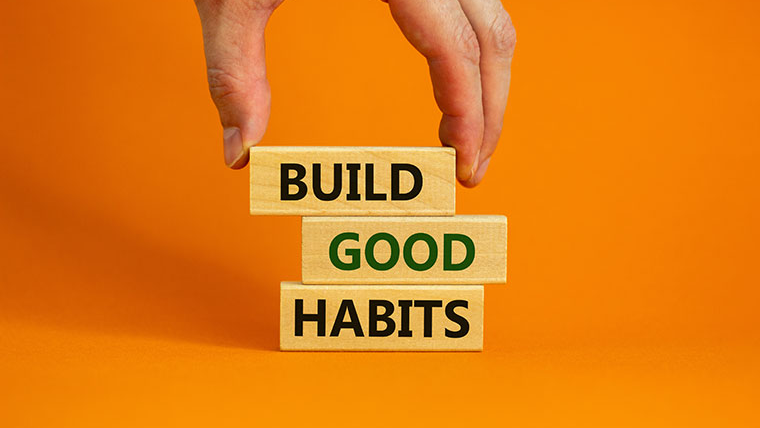Kendo Coaching and the Power of Habit

The Influence of Habit on Coaching
Our habits don’t just shape our daily actions—they define the culture of our dojo. If warm-ups are rushed or treated as an afterthought, students may develop a habit of going through the motions without focus. On the other hand, if a coach consistently starts each session with intent—emphasising posture, breathing, and mindset—students will internalise those habits and carry them into their training. The routines we establish as coaches send messages about what we value, and over time, these habits become the foundation of dojo culture.
We all have habits that either propel us forward or hold us back. As kendo coaches, we may find ourselves not investing enough effort or, conversely, pushing too hard. Our emotions shape our reactions, and seeking assistance may not always come easily. Our habits, often unquestioned, shape how we approach training, connect with students, and respond to challenges. The power of habit in coaching cannot be underestimated.
Breaking Bad, Habits
Recognising unhelpful habits is the first step in improving as a coach. A common habit among coaches is giving feedback immediately after every exchange. While well-intentioned, constant correction can overwhelm students and limit self-reflection. Allowing moments of silence or asking guiding questions can help students process their experiences and develop deeper learning habits.
It’s easy to be self-critical, particularly when assessing our own tendencies. Some habits have been ingrained over years, making change seem overwhelming. However, as coaches, we cannot afford to remain stagnant. If we lose faith in our capacity for change, how can we inspire transformation in our students?
Recently, I spoke with Dr. Joe Hall about ‘growth mindset.’ This discussion reinforced that acknowledging our struggles doesn’t mean failure—it highlights our potential for growth and self-improvement. Our challenges serve as reminders that we, too, are still learning and evolving.
Building Strong Coaching Habits
Successful kendo coaches develop key habits such as setting clear expectations, structuring adaptable training sessions, and reflecting on their own methods. They prioritise effective communication, ensuring their feedback is constructive and fosters student growth rather than merely pointing out flaws. By reinforcing these habits consistently, coaches create an environment where both they and their students improve over time.
Research on skill acquisition highlights that effective learning is a product of purposeful practice—habit formation works the same way. Small, intentional improvements in coaching compound over time, shaping a more effective and engaging training environment.
If success in kendo relies on disciplined training and repetition, the same principle applies to coaching. Just as keiko refines technique through consistent practice, positive coaching habits refine our ability to guide students effectively. Our philosophy should be clear: we strive for progress, not perfection. The best kendo practitioners are in a constant state of refinement, and as coaches, we should adopt the same mindset.
Good habits are the foundation of quality coaching. I remember shifting my approach to feedback—rather than immediately correcting students after every drill, I started asking them what they noticed first. Over time, this simple change led to more engaged students who actively reflected on their progress rather than waiting for my approval. That small adjustment improved student ownership and long-term development.
Where to From Here?
Mastery, whether in kendo or coaching, is not a destination but a continuous journey. As the old kendo saying goes, Shin Gi Tai Ichi—the unity of mind, technique, and body. Just as great kendo practitioners refine these elements over a lifetime, great coaches continuously develop their knowledge, methods, and ability to connect with their students. True mastery is found in the relentless pursuit of growth.
By committing to habits that align with our purpose, we refine our skills and set an example for our students. Growth is not about reaching a final stage of perfection but about maintaining a commitment to learning and adaptation. The best coaches, like the best kendo practitioners, never stop improving.
Ultimately, becoming a great coach is no different from becoming a great kendo practitioner—it demands discipline, reflection, and perseverance. By committing to habits that align with our purpose, we unlock new levels of potential in ourselves and those we teach.
And speaking of Growth Mindset, check out my conversation with Dr. Joe Hall here. Discover how these principles resonate in kendo coaching and our relentless pursuit of excellence.